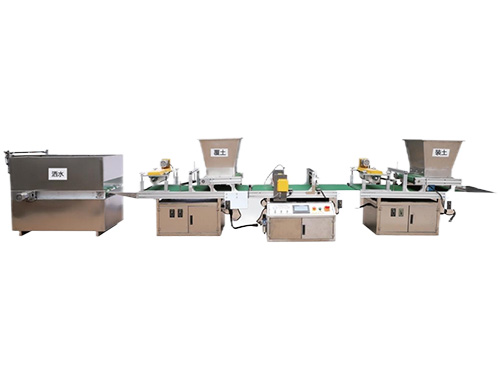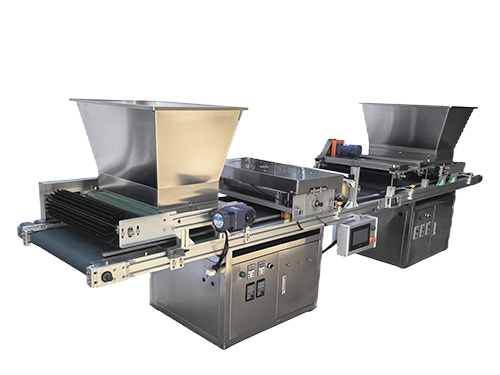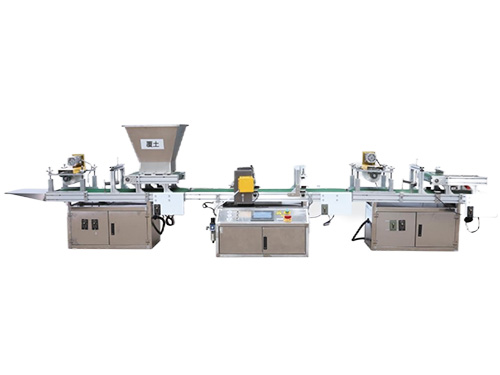What is the difference between different colors of seedling plug trays?
2024-03-12 12:24:30
Seedling trays are simple in structure and cost-effective, making them widely used in production today. Compared to traditional seedling methods such as nutrient bowls and soil blocks, seedling trays significantly reduce labor and lay the foundation for mechanization and industrialization of seedlings. Seedling trays mainly come in black and white colors, and the impact of these colors on seedling growth and their suitable seasons varies greatly.
1. Advantages of Black Seedling Trays
In China, black seedling trays dominate the market. These trays are typically made from non-degradable materials and often include plasticizers and anti-aging agents, making them thick and durable, generally usable for 2-3 years. Black seedling trays usually feature corrugated holes, which facilitate deeper root penetration and help shorten the seedling acclimatization period. In contrast, trays with round or tapered inner walls can cause roots to circle around the tray, slowing down seedling growth due to the direction of root growth.
Roots prefer dark environments, which contrasts with the needs of the plant’s above-ground parts. Under light conditions, root growth can be inhibited. Therefore, black seedling trays are more beneficial for root development. However, these trays absorb light and convert it into heat, warming the tray and the internal substrate. Thus, in hot summer temperatures, black trays are less suitable as high temperatures can inhibit root growth and accelerate root aging.
2. Advantages of White Seedling Trays
In international seedling cultivation, white seedling trays are more commonly used. These trays are made from more environmentally friendly materials but are prone to aging and degradation. White seedling trays are thinner and more brittle, typically having a shorter lifespan, often used only once. Unlike black trays, most white trays have conical inner walls, holding less substrate and saving on both substrate and labor costs. Roots in white trays tend to grow horizontally rather than vertically, leading to slower growth after planting. However, the smooth inner walls of white trays make seedling removal easier and reduce root breakage. On the other hand, corrugated holes can be more challenging to remove seedlings from, leading to inefficiency and potential root damage.
White seedling trays offer good light transmission, making it easier to remove seedlings but potentially weakening root development to some extent. While they provide some warming effect on the substrate and root system, it is less pronounced compared to black trays. White trays are generally more suitable for spring and autumn use.
3. Advantages of Gray Seedling Trays
In addition to black and white seedling trays, there are also gray seedling trays, which are less commonly used. These trays offer performance characteristics between black and white trays, with a notable advantage of reflecting more light. This helps prevent rapid increases in substrate temperature, stabilizing the root temperature environment. Gray seedling trays are ideal for use in summer and early autumn when temperatures are higher and light is stronger.
Enhance your planting results by choosing the right seedling trays for your needs. Whether you opt for black, white, or gray seedling trays, each option provides unique benefits tailored to your growing conditions. Start today with the optimal seedling trays for faster, healthier plant growth and a more efficient planting experience! Please contact us.

The CNC Seed Braiding Machine is a high-precision, fully automated agricultural equipment s...

It adopts electrical integration and can be started by pressing the fully automatic button ...

The XP750 seeder has stable performance, excellent product quality, simple and convenient o...

It adopts electrical integration and can be started by pressing the fully automatic button ...



